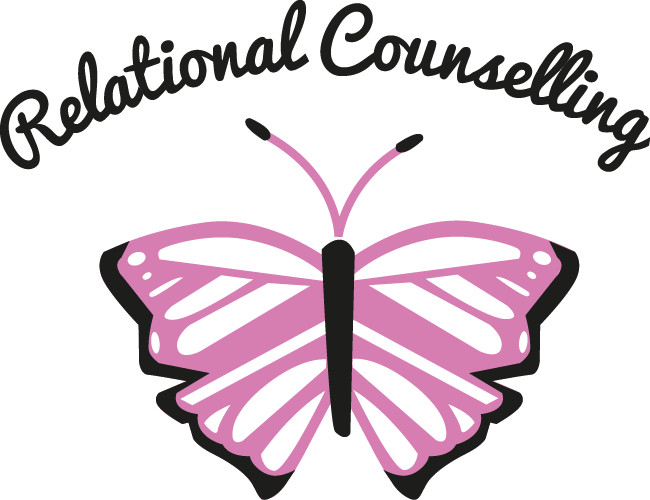Breaking Free From Your Emotional Prison
Have you ever found yourself feeling stuck, hopeless, lost or overwhelmed?
Life has its ups and downs, and problems can quickly appear leaving many of us feeling pinned down, with no feeling of solace to look forward to and no escape. Today we’re touching upon the phenomenon of ‘Emotional Prisons’ and how we can find ourselves trapped in a psychological jail of our own design.
There Are No Bars
Problem
➡️
Emotional Overwhelm
➡️
"There Is No Escape"
🔁
Problem ➡️ Emotional Overwhelm ➡️ "There Is No Escape" 🔁
Lori (Therapist, Author of ''Maybe You Should Talk to Someone), quoted:
'' My own therapist brought up this cartoon and said you remind me of this cartoon. And it's a prisoner shaking the bars, desperately trying to get out. But on the right and the left , it's open. No bars. The prisoners not in jail. So many of us feel that way. We feel like we're trapped by our circumstances, our situation, the people in our lives. So we're shaking the bars, but really we can just walk around the bars. We're free, so the reason that people don't walk around the bars is because with freedom comes responsibilty. If we walk around the bars we are responsible for our lives, we are responsible for our happiness, we are responsible for the choices and decisions that we make. We are responsible for our reactions, for our behaviours, and we can't blame anyone else anymore''
Sometimes, we are unable to see that the solution to our problems is simple, yet we are filled with emotion (such as fear, worry etc) that we impose our own mental barriers.
It can feel safe, familiar or even comfortable to stay the same. We keep the same mindset because it's all we've known, it feels familiar and our minds 'norm'. Doing something new feels scary - the mindset 'what if it's worse?' creeps in, instead of seeing what happens or thinking of a more balanced view - what if it goes well?
Mindset is a powerful tool. It can open new avenues, but a tool is only as useful as its user. If we limit ourselves by underplaying our innate ability or believing that we have none to begin with, we will only ever be permanently trapped. The cycle of self-imposed punishment will never end and we will never give ourselves reason for reaching our full potential. While we must recognise and empathise with the fear in that part of us that wants to provide reasons for staying with what feels safe, by failing to challenge this, we prevent ourselves the opportunity of venturing into the unknown with renewed vigour and belief that the bars we see in front of us are of our own making. Seeing that our potential was always there as is in every fellow human-being only that we never gave ourselves enough belief by realising it to begin with.
Emotional prisons are an unfortunate consequence of an unbalanced mindset, where bias is leant more towards that part of ourselves that tells us not to do something. While its true that “What goes up must come down” can be strong reasoning for never allowing ourselves to go up to begin with, this unbalanced thinking style only ever prioritises the bad that can be introduced and never those life-enriching opportunities that await us with open arms. I believe a good spin on this quote would be “You can never go up if you always stay down”.
Escaping The Prison
A strong starting point to escape Emotional Prisons is increasing your belief in yourself. A powerful tool to help with this is “Self-Help”. By educating ourselves through reading books or watching videos about our own internal relationship and the style of relationship we hold with others, we gain insights that can help us understand and navigate our emotions and relationship with ourselves better. Lori Gottlieb's, “Maybe You Should Talk To Someone” is a great book that can help start this process.
Investing in the relationship with ourselves is crucial. This means taking the time to reflect on our thoughts, behaviours, and patterns. Self-reflection allows us to see where we might be contributing to our own feelings of entrapment. By challenging our beliefs, especially those about love and relationships, we can start to dismantle our unrealistic expectations. Helping us create a more realistic and fulfilling reality.
Additionally, when we express our experiences and emotions through sharing our story, we allow them not to have governance over us. Being heard validates our feelings and helps us feel understood, which is a significant step toward emotional freedom. It connects us with others who might be experiencing the same thing or may be in a similar situation.
How Therapy Can Help
Therapy can help us foster a deeper understanding of ourselves and our internal relationship. In sessions, you can explore the detailed layers of your emotions, thoughts, and behaviours, building a healthier and more compassionate relationship with yourself.
Another benefit of therapy is its ability to gently challenge our internal belief systems we carry. By viewing our experiences and thoughts from different perspectives, therapy helps dismantle unhelpful beliefs, allowing us to adopt more constructive and empowering viewpoints.
Therapy provides a safe and supportive space where we can work on empowering ourselves and improving our self-esteem. This secure environment enables you to make meaningful changes in your life, helping you to take control and make decisions that are beneficial and aligned with your true self.
-Content By Melissa, Edited By Patrick.
If you need to talk to a psychotherapist Contact Relational Counselling


